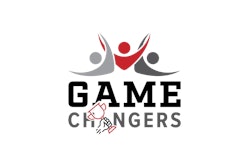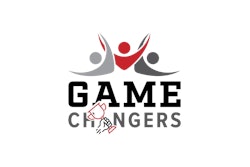
The Women’s Tennis Association, the international governing body for professional female tennis players, has partnered with the Public Investment Fund to improve female athletes’ fertility care in the sport through the WTA PIF Maternity Fund Program.
According to CNN Sports, WTA made the landmark decision to include egg freezing and IVF as a part of its overall fertility and maternity initiative. These new opportunities have several tennis pros, including Sloane Stephens, speaking up about what the new programs mean for their career and their personal lives.
“Everyone’s speaking about it, everyone’s sharing their journeys because it’s helping all of us understand what everyone’s gone through so we can make the best-informed decisions,” said Stephens.
Along with offering subsidies for female athletes to pursue egg freezing and IVF, the WTA also implemented a 12-month, paid maternity leave for mothers, and a two-month, paid maternity leave for anyone who becomes a parent via adoption or partner pregnancy. The WTA also promised to protect the players’ rankings while away from the sport for fertility care.
With the implementation of these programs, the WTA is now the first sports governing body to have a maternity policy that includes paid time off, but also the additional services of egg freezing and IVF.
“They can do so at a time of their choosing now, and they have some agency, because they have the financial resources, benefits, flexibility and the support to be able to make that decision,” Portia Archer, chief executive of WTA, told Sports Resolution. “It is important for players across the ranking profile, but we do think that it will have great impact and be quite transformational for players who are not earning at the highest levels in the sport.”
Said Stephens, “Every female sport should be following the same narrative of advancing players, advancing players’ futures, advancing their rights to have families and their decisions, all of that.”
Tennis players interested in the Maternity Fund Program must meet certain minimum competition standards, including having competed in eight WTA tournaments in the past 12 months or 24 tournaments in the past 36 months. However, player ranking does not affect who is eligible for the program.





































